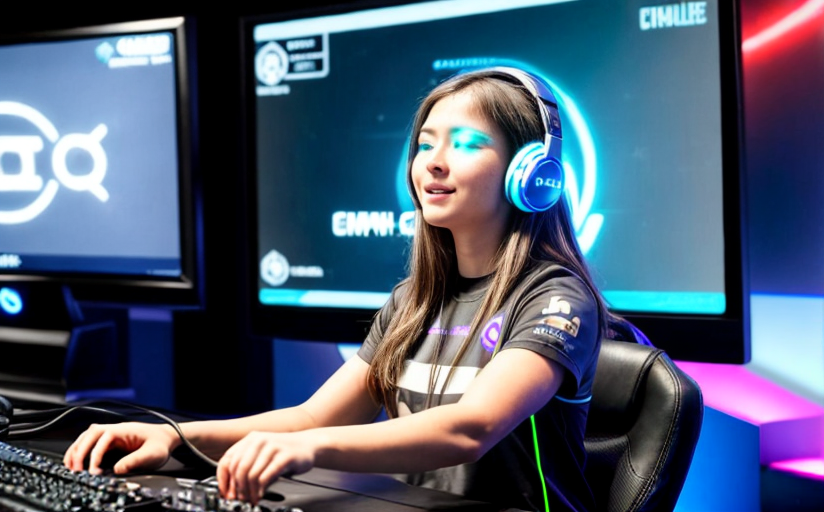Exploring the Therapeutic Impact of Gaming and Esports on Mental Health
In recent years, substantial research has been undertaken to explore potential links between gaming and esports and the beneficial impacts on mental health. Various studies have found that both activities can enhance cognitive abilities, improve problem-solving skills, refine hand-eye coordination, aid in stress management, and bolster social interaction skills. However, there is also significant controversy and myths regarding the negative impacts of gaming.
The Cognitive Benefits of Gaming and Esports
Numerous studies have demonstrated that gaming can have positive effects on various cognitive functions. Certain types of games, such as those that incorporate strategic and problem-solving elements, can help enhance cognitive flexibility, memory, and attention. A study conducted by the University of Geneva found that players who engaged in action video games showed improved visuospatial attention and cognitive flexibility compared to non-gamers.
Gaming as a Coping Mechanism
In addition to the cognitive benefits, gaming can also serve as a powerful stress alleviator. A study published in the American Journal of Psychiatry explored the impacts of gaming on individuals suffering from anxiety and depression. The findings suggested that games could aid in reducing symptoms related to these conditions, potentially due to the escapism they provide and the sense of achievement individuals gain when they conquer game challenges.
Enhancing Social Interaction through Gaming and Esports
Gaming and esports provide an avenue for social interaction, offering a platform for players to communicate and collaborate. Contrary to the stereotype of gamers being socially isolated, studies have shown that online gaming can encourage teamwork and foster social connections. As highlighted in a study by the Queensland University of Technology, multiplayer and massively multiplayer online game players exhibited higher levels of social competence and lower levels of loneliness.
The Controversial Aspects of Gaming
Despite the potential therapeutic impacts of gaming, significant controversy surrounds its role in mental health. Critics argue that excessive gaming can lead to addiction and may catalyse mental health disorders. World Health Organization recognized gaming disorder as a mental health condition in 2018. However, as emphasized by numerous industry experts, it's important to distinguish between healthy and pathological gaming. A balanced, controlled approach to gaming can serve as a beneficial tool for mental health.
Experts’ Perspectives
As Dr. Andrew Przybylski from the Oxford Internet Institute highlights, the research correlating gaming with positive behavioural and mental health outcomes is rapidly growing. However, he also emphasizes the importance of structured, controlled gaming as well as distinguishing between recreational gaming and gaming addiction.
The relationship between gaming and mental health is complex and multifaceted. When consumed responsibly, gaming and esports can have a significant therapeutic impact, serving to enhance cognitive abilities and provide a beneficial social outlet. However, like any activity, it is crucial to maintain balance and moderation.
















Comments
Leave a Comment